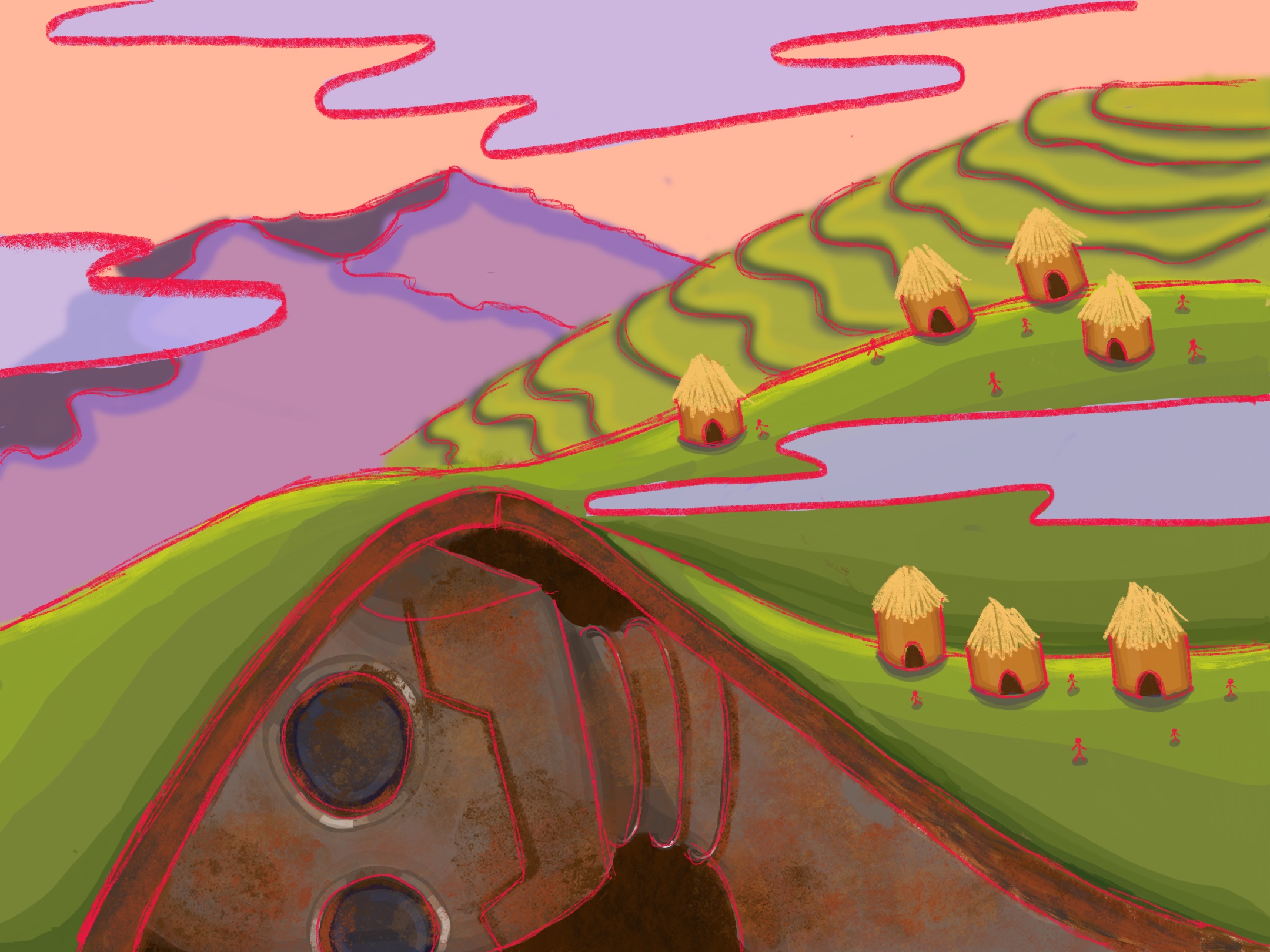In response to the songs about Utopias we heard in class today, I decided to post three songs from two of my favorite artists that focuses on post-apocalyptic imagery. However, rather than singing about the horror and devastation that arises from the end of the world, the artists romanticizes the idea of a cataclysm. This also reminds me of how the protagonist in “Take Your Choice” by Sakyo Komatsu chooses the apocalyptic future rather than the harmonious one because at least that choice promises certainty. Thus, it makes me think of how in a world of anxiety and uncertainty, the idea of apocalypse becomes appealing because it promises certainty and perhaps even a fresh start for humanity. One of the artists, Darlingside, describes a similar sentiment:
“One of the questions that came up as a consistent theme on the album was that of agency, or how much one can do in the face of seemingly insurmountable odds. That a song of ours might inspire someone to feel less powerless is lovely to hear…we do enjoy juxtaposing dark and light imagery. There’s something heartbreaking about finding bits of beauty in difficult places.” (from interview with Darlingside; see here: https://coloradosound.org/soundcheck/darlingside-qanda/)
The three songs with their lyrics are listed below. The first one is Wasteland, Baby by Hozier. The second and third ones are Singularity and Eschaton by Darlingside.
Continue reading →


